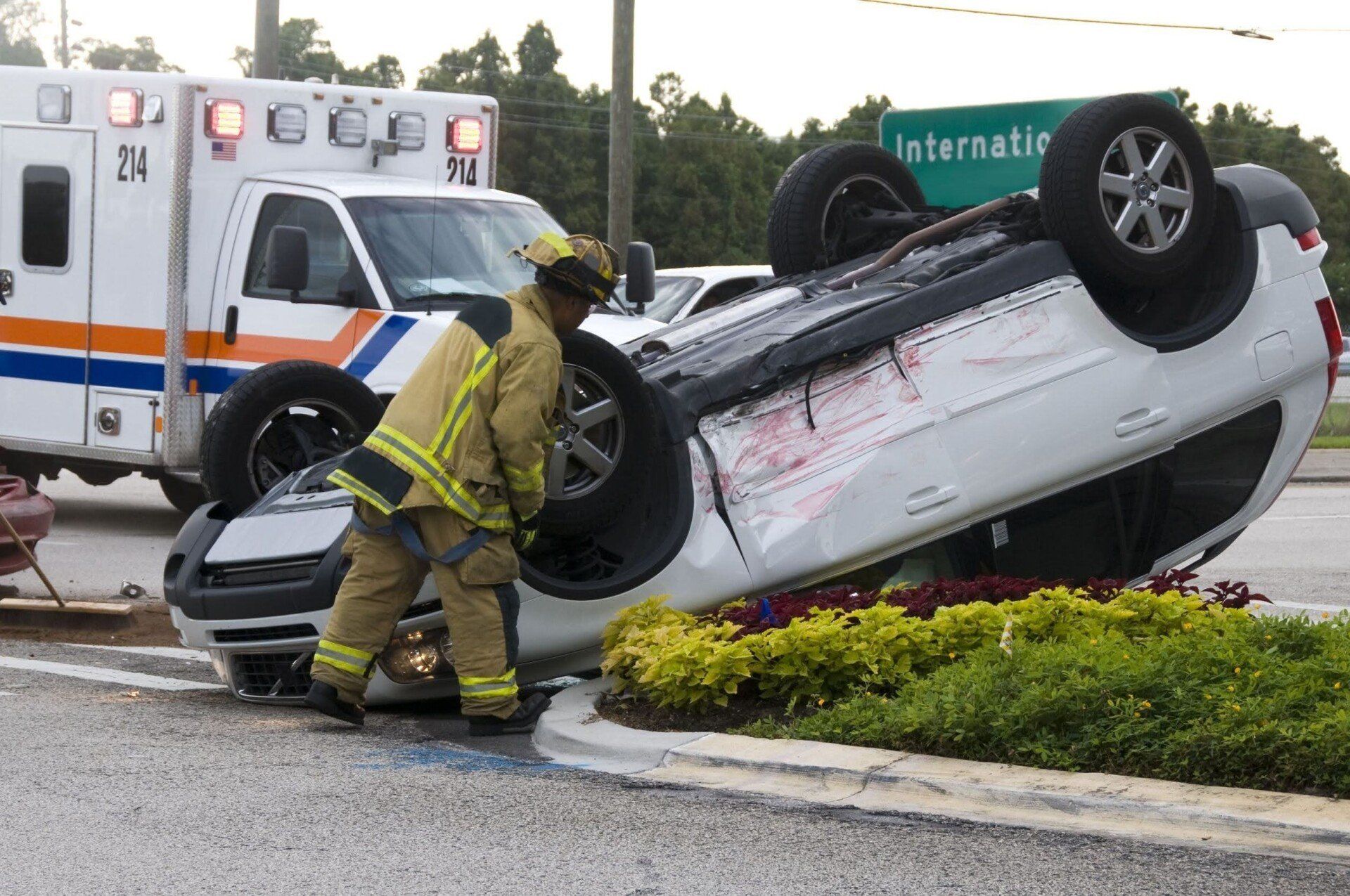
An incident behind the wheel that leads to someone else's death must surely rank high on any driver's list of nightmare scenarios. If you caused a death due to either impaired driving skills or negligent driving practices, you may find yourself charged with vehicular homicide, which counts as a felony under Wisconsin law.
The more you understand the definitions, nuances, and categories of vehicular homicide laws and penalties, the more easily you can work with your defense attorney to pursue the smartest possible defense strategies. Start by perusing the answers to these frequently asked vehicular homicide questions.
How Does the Law Define Vehicular Homicide?
In the broadest sense of the term, vehicular homicide involves accidental death due to the actions of a motor vehicle operator. Different states categorize this crime in various ways. States with no specific vehicular homicide laws may apply more general charges, such as negligent homicide.
Wisconsin law divides vehicular homicide into two primary categories. In homicide by negligent operation, a driver fails to drive with the standard of care expected from a reasonable person. In homicide by intoxicated operation, alcohol or drugs fatally impair the driver's judgment and coordination.
What Actions Might Count as Negligent or Intoxicated Operation?
Some states take a graded approach to the concept of negligent operation in vehicular homicide cases, differentiating between everyday driver errors that lead to death and acts of gross negligence. Wisconsin includes any kind of driver error that the driver reasonably could have (and should have) avoided as negligent operation.
Intoxicated operation may occur due to excess consumption of alcohol, illicit or prescription drugs, or any combination of the two. Wisconsin law defines alcohol intoxication as a blood alcohol level of .08 percent or higher. Any amount of a controlled substance may also serve to establish intoxication. When this is established, you are considered to be operating a vehicle while intoxicated (OWI).
How Do Prosecutors Show Negligent or Intoxicated Operation?
In any kind of vehicular homicide charge, the prosecution must establish that you actually drove the vehicle at the time of the accident, that you failed to drive safely and avoid preventable errors, and that your actions caused the death of another. The prosecution must prove you caused the death of another driver or vehicle occupant, a pedestrian, or even an unborn child.
In a case of homicide by negligent operation, the prosecution may present evidence that you engaged in distracted driving, fell asleep at the wheel, or drove in a reckless or illegal manner that caused death. In a case of intoxicated operation, the blood alcohol or controlled substance test results may prove crucial to the prosecution.
What Penalties Can You Face in a Vehicular Homicide Conviction?
The penalties you can face for vehicular homicide can vary. However, even a relatively simple case of vehicular homicide by negligent operation will count as a Class G felony. The penalties for a Class G felony in Wisconsin may include a fine of up to $25,000 and up to ten years in prison.
Vehicular homicide by intoxication carries heavier potential penalties than vehicular homicide by negligent operation. As a Class D felony, you can receive penalties of up to $100,000 in fines and up to 25 years of prison time. Previous OWI convictions or license suspensions can raise the potential prison sentence to 40 years.
How Do Attorneys Defend Clients Against Vehicular Homicide Charges?
The surface facts surrounding a vehicular homicide case can make such a charge difficult to defend. However, your attorney may find opportunities to pick holes in the prosecution's arguments and either get the case dismissed or reduce the degree of the crime.
Vehicular homicide by intoxication offers a prime example. If you drank and then drove, your blood alcohol level may not have risen to .08 percent or higher until after the police administered the test, meaning that the intoxicated state didn't legally exist at the time of the accident. Attorneys refer to this defense as retrograde extrapolation.
The mere fact of intoxication doesn't necessarily prove vehicular homicide by that particular cause. If your attorney can show that the accidental death actually occurred due to some other, unforeseeable incident, the court may dismiss the prosecution's case — although you might still face separate OWI charges.
In some cases, a skilled attorney may find ways to defeat prosecution based on negligent operation. For instance, if you fell asleep behind the wheel with no reason to expect such an occurrence — a very different situation from getting behind the wheel while aware of your exhausted state — the court may find you not guilty.
Circumstances beyond your control may also help you defend yourself against a vehicular homicide charge. For instance, if you can show that the pedestrian you hit suddenly ran out into the street before you could swerve, stop, or otherwise prevent a fatal impact, the court may dismiss the case as simple accidental death.
If you face the prospect of prison time and other devastating penalties due to a vehicular homicide charge, you need to engage skilled, experienced legal counsel as soon as possible.
Contact Cohen Law Offices today to schedule a consultation, discuss your case with our experts, and start building your defense.
When Results Matter Most, Call Cohen Law First.
We’re not just any law firm — we’re
Northwest Wisconsin’s trusted criminal defense powerhouse. At Cohen Law Office, criminal defense isn’t one thing we do — it’s
the only thing we do.
Focused on YOU. Fighting for YOU. Always.
Need Help After Hours? We've Got Your Back.
If you're reaching out outside of our regular business hours,
don’t worry — just
click here, and one of our dedicated team members will get in touch with you as soon as possible.

